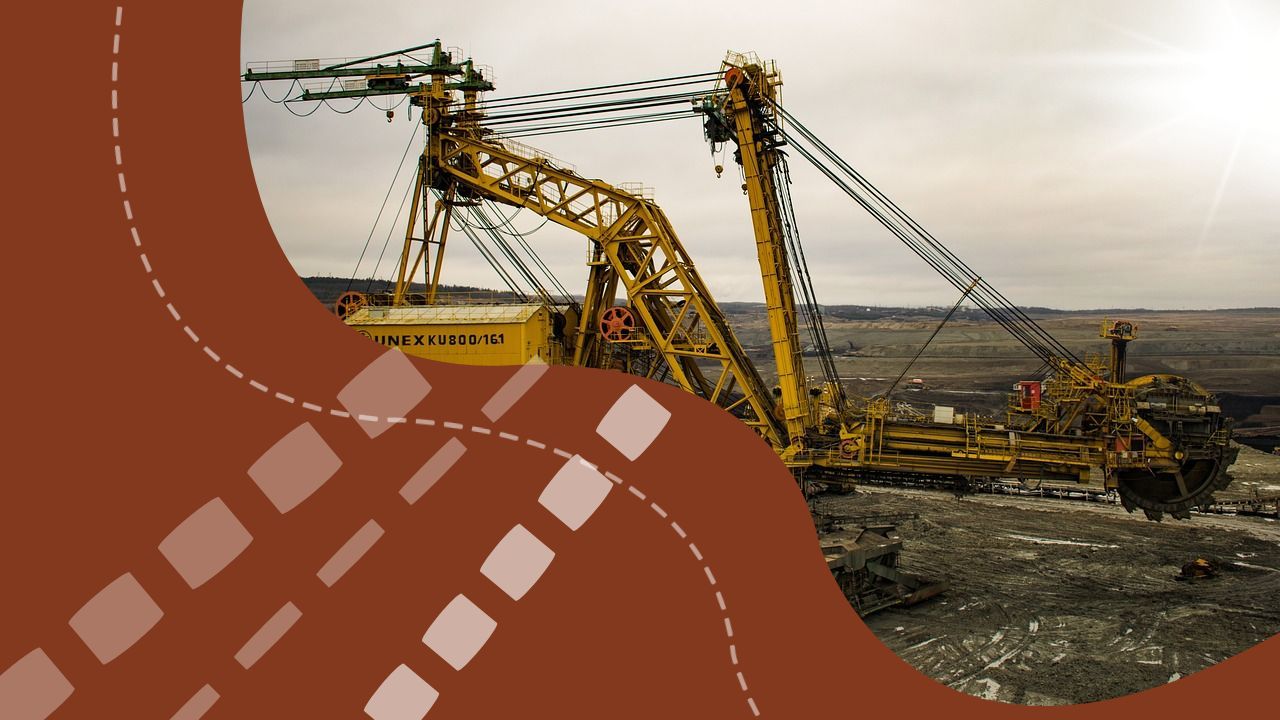The document stated the need to review the subsoil use reform.
The Kazakhstan Mining Association KazNedra (Kazakh Chamber of Mines) opposed the resolution, which was presented by a small group of geologists after the capital’s congress of geological industry participants in September. This is stated in her letter to the president of the country, the leadership of parliament and government, received by inbusiness.kz.
“On September 15, 2023, a congress of geologists of Kazakhstan (hereinafter referred to as the congress) was held in Astana, organized by the Geology Committee of the Ministry of Industry and Construction of the Republic of Kazakhstan (hereinafter referred to as the MPS). Members of the association also took part in the congress. Continuing the congress, a group of five geologists independently adopted a congress resolution and an appeal to the leadership of the Republic of Kazakhstan on the need to review the subsoil use reform, restore previously abolished regulatory mechanisms inherited from Soviet times, and introduce other non-market obligations. The Association states that the said resolution and appeal were not discussed at the congress and the delegates of the congress did not ask, assign or grant authority to the said geologists to draw up a resolution and appeal on behalf of the delegates of the congress,” the letter from the Chamber of Mines notes.
She did not agree with the proposals voiced in the above-mentioned resolution and appeal, since they contradict the spirit of the current Subsoil Code.
“The Association is firmly against these initiatives in the resolution and this appeal. The initiatives in the resolution and appeal undermine and sabotage the reform of the mining sector within the framework of the Subsoil Code, which was introduced in June 2018. The adoption of the initiatives set out in the resolution and appeal, contrary to the instructions, statements and promises of the leadership of the Republic of Kazakhstan and the practice adopted in the leading OECD countries, will radically reduce investments or make it impossible to further invest in geological exploration and production in the Republic of Kazakhstan,” the message states.
The Kazakhstan Chamber of Mines was established in March 2023 to represent the interests of mineral explorers, developers and producers in Kazakhstan. It unites national and foreign companies in the mining sector of Kazakhstan that emerged, entered or expanded their investments in connection with the adoption of the Subsoil and Subsoil Use Code, such as Sarytogan Graphite Ltd., Rio Tinto Exploration Kazakhstan, IG Kazakhstan Ltd., Aurora Minerals Group, Scythian Mining Group, Arras Minerals.
Let us recall that in mid-September inbusiness.kz covered the congress of geologists, which was held in Astana.
The document available to the editors of inbusiness.kz, entitled “resolution of the first congress of geologists of Kazakhstan,” was signed allegedly on behalf of the delegates by Daukeev S. Zh., Kuandykov B. M., Zholtaev G. Zh., Uzhenov B. S., Saiduakasov M.A. It says that the main reason for the stagnation in the discovery of new significant deposits is the inadequate volumes of the state geological study of subsoil (GGIN). As you know, such research is financed from the budget.
“Private investors come only to promising subsoil areas already identified at the GGIN stage. GGIN is the main initial stage of serious government investment in the regional geological study of subsoil for their further preparation for exploration and production itself. GGIN is the foundation of all geological exploration. Without adequate funding, the discovery of new deposits, attraction of private investment in geological exploration and replenishment of the mineral resource base is impossible,” the resolution states.
This document, in particular, proposes to increase state funding for GGIN to at least $40 per 1 sq. m. km and increase the volume of areas studied at the expense of the budget to 2.2 million square meters. km by 2026. In addition, it talks about the need to oblige subsoil users to invest 3% of the operating costs of production in geological exploration of their own areas to increase reserves. Moreover, the resolution voices proposals to radically revise and simplify the Subsoil Code, as well as maintain the status of the state commission on reserves.

